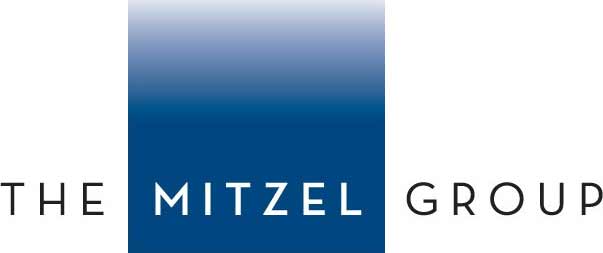On January 1, 2016 Governor Brown passed several new laws that affected California employers. As a reminder, California’s minimum wage increased to $10 on January 1, 2016 as well. Here are the major key changes to note:
California Equal Pay Act: this law has been amended to make it unlawful for employers to prohibit and prevent employees from disclosing their own wages, communicating about the wages of other employees, or inquiring about wages of other employees for the purpose of determining whether there is a factual basis for an equal pay claim. The amendments are intended to lower the plaintiff’s burden of proof and encourage transparency regarding wage equality.
California Family Rights Act (CFRA) Amendments: the new CFRA amendments apply to employers with 50 or more employees within a 75 -mile radius. The new amendments clarify that eligible employees are those who have been employed for 12 months or more and have been employed for at least 1,250 hours during the 12-month period.
The new regulations state that when a business is considered a joint employer (which is determined by looking at the economic circumstances of the situation), the employee should be counted by both employers for determining CFRA eligibility.
When dealing with medical certifications, the new CRFA laws proclaim that the employer must have a “good faith, objective reason” to doubt the legitimacy of an employee’s medical certification. The CFRA defines a serious health condition to be one that involves either inpatient care or continuous treatment. The new law redefines inpatient care as the “expectation” that the employee will stay overnight, but it is not necessary to stay overnight to still be considered inpatient care.
CFRA stresses that employees who fraudulently use CFRA leave will not be protected, but the burden falls on the employer to prove that the CFRA leave was used fraudulently.
Electronic Signatures: if employers are using electronic signatures for new hire documents, they must make sure they can authenticate the new employee’s signature. In a 2014 case, an arbitration agreement was found to not be enforceable because the employer could not authenticate the employee’s signature. The court noted that while an electronic signature has the same legal effect as a handwritten signature under California law, any writing must still be authenticated. Ruiz v. Moss Bros. Auto Group, Inc. (2014) 232 Cal. App. 4th 836.
Employment Discrimination: this law makes it an unlawful for an employer to retaliate or discriminate against an employee for requesting an accommodation for a disability or religious observance, regardless of whether the request was granted.
Judgment Enforcement by Labor Commissioner: the new law enables the Labor Commissioner to use any of the existing remedies to enforce a judgment against the employer when collecting unpaid wages. Any employer who fails to comply with minimum wage requirements or tracking employee hours/ days of work, or who violates other related provisions of law may be held liable as the employer for such violation.
Enforcement of Employee Claims by Labor Commissioner: the Labor Commissioner will have the power to issue a citation to enforce local minimum wage, overtime laws, and employee indemnification policies. However, the Labor Commissioner cannot issue citations when the local entity has already issued a citation for the same violation.
Piece-Rate Compensation: this applies to employees who are compensated on a piece-rate basis for any work performed during a pay period. This new law mandates that employers must compensate employees for rest and recovery periods that are separate from any piece-rate compensation. In addition, this new law creates an affirmative defense for employers who, by December 15, 2016, fully compensate their specified employees for all uncompensated rest periods, recovery periods, or unproductive time between July 1, 2012 and December 31, 2015.
The Family School Partnership Act: this law applies to employers with 25 or more employees. This act was expanded to encompass more circumstances for when an employee can take time off work without fear of being terminated. Employers are prohibited from discriminating against an employee who is a parent, guardian, or grandparent who has custody of a child and subsequently uses unpaid time off for the purpose of participating in school activities. This now includes taking job-protected time off to: 1) find, enroll, or re-enroll his or her child in a school or with a license care provider, and 2) to address a child care provider or a school emergency.
Definition of an “Unlawful Employment Practice”: this definition is now expanded to prohibit an employer from using the E-Verify system at a time or in a method that is not authorized by federal law to check the employment authorization status of a prospective job applicant or current employee.
Next Steps for California Employers
- Update employee handbooks and company policies/procedures to reflect the changes in the labor laws in California
- Inform managers of the new laws and their responsibilities for implementing policies that comply with all relevant labor laws in California
- Display all new labor law notices in the workplace where employees can easily read them
If you have any questions about your obligations or compliance as an employer, please contact us at info@mitzelgroup.com or reach out to your Mitzel Group, LLP attorney directly.

